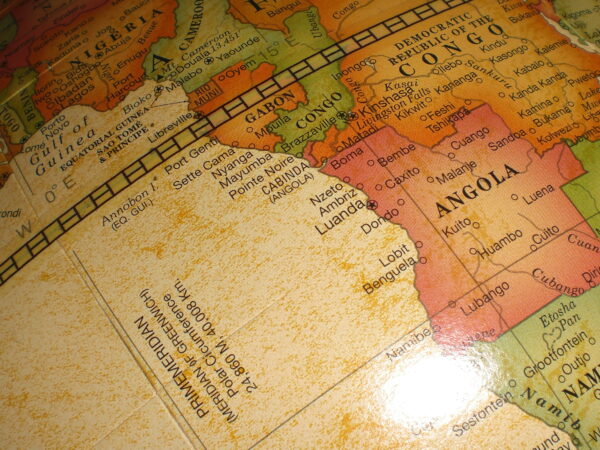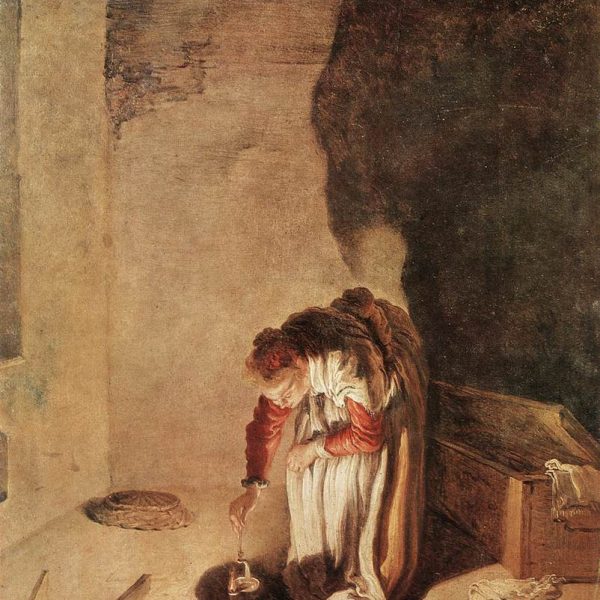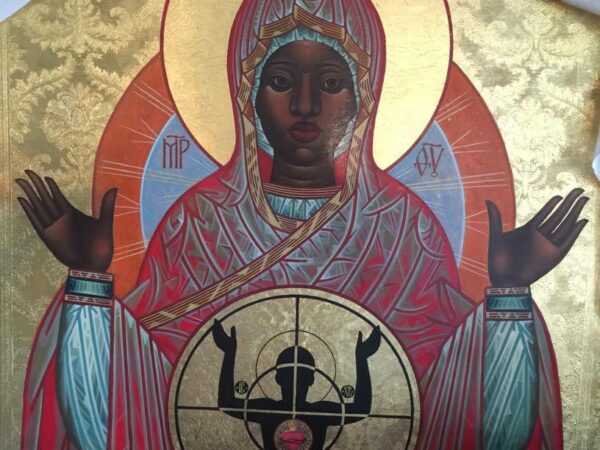
Following Jesus the Dao in flesh is to follow the way of liberative freedom, a freedom to embrace the openness of Jesus’s multifaceted witness instead of reductively boxing him in by way of the Logic of the One.

Contemporary African political theologies are a study in contrasts. A prophetic strand challenging unjust politics is alive and well, but so are political theologies that align with unscrupulous politicians and seek wealth at the expense of ordinary people. This dizzying situation raises questions of both substance and method about what African political theology is and how to do it.

Political theology describes a field of research that focuses on the interaction of religion and politics while appreciating the richness of religious traditions as they relate to the foundations of political issues.

The two stories of Luke 15:1–10, which we might call “parables of the remainder,” illustrate a core component of the Christian political orientation. That is, they highlight the alternative logic of much of the Judeo-Christian scriptures that urges us to foster solidarity in community through identification with the remainder, with the least of these, and to thereby bring justice and liberation.

My point is that in addition to being annoyingly Eurocentric, the discourse of political theology focuses more on administrators and theorists of the modern State than the victims of State.





